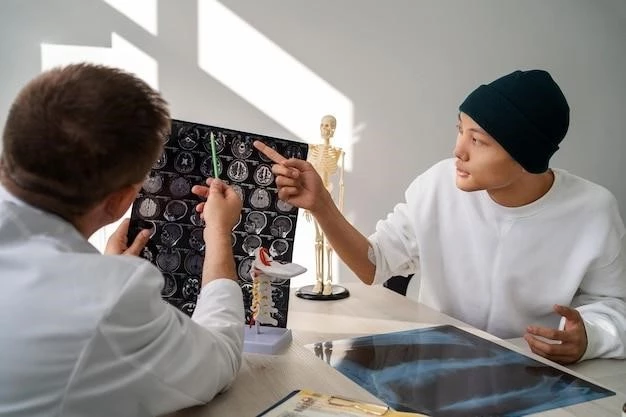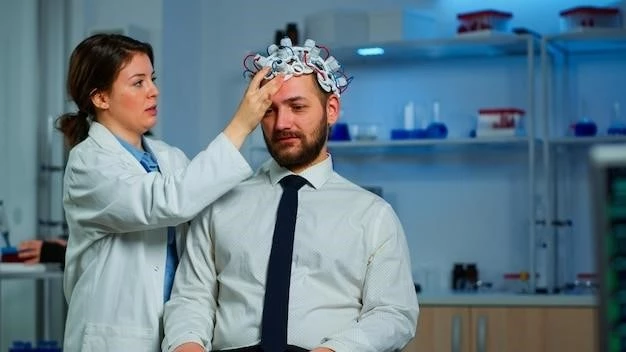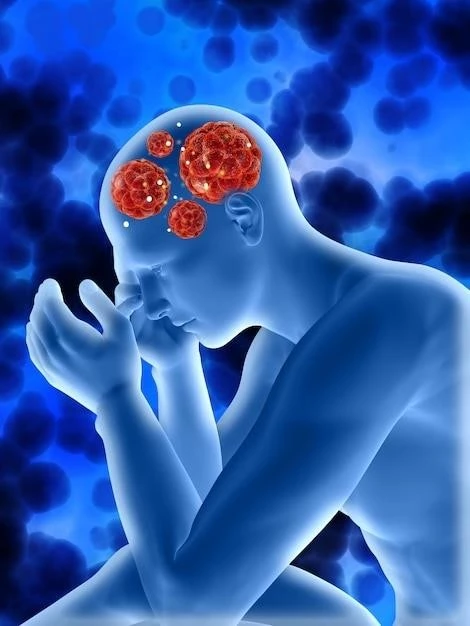Article Plan⁚ Disease ‒ Ondine’s Curse
Introduction to Ondine’s Curse
Ondine’s Curse, also known as Congenital Central Hypoventilation Syndrome (CCHS), is a rare neurological disorder characterized by insufficient breathing especially during sleep․ The condition, once referred to as Ondine’s curse, can be life-threatening if not properly managed․
Understanding Congenital Central Hypoventilation Syndrome (CCHS)
Congenital Central Hypoventilation Syndrome (CCHS) is a rare neurological disorder where affected individuals experience inadequate breathing, especially during sleep․ This life-threatening condition, previously termed Ondine’s Curse, can be challenging to manage․ The disorder is associated with mutations in the PHOX2B gene, leading to compromised breathing control, particularly during periods of reduced consciousness like sleep․ Understanding the mechanisms behind CCHS is crucial for effective diagnosis and treatment․
Historical Background of Ondine’s Curse
Ondine’s Curse, also known as Congenital Central Hypoventilation Syndrome (CCHS), is a rare neurological disorder characterized by insufficient breathing, especially during sleep․ The condition was named after the myth of Ondine, where a water nymph cursed her unfaithful husband, linking it to breathing cessation during sleep․ Understanding CCHS involves recognizing the impact of gene mutations, specifically in the PHOX2B gene٫ affecting breathing control mechanisms․
Symptoms and Manifestations of Ondine’s Curse
Congenital Central Hypoventilation Syndrome (CCHS) presents various symptoms, including inadequate breathing during sleep and, in severe cases, during waking periods․ Individuals with CCHS may experience life-threatening breathing pauses, especially during sleep․ This condition, once referred to as Ondine’s Curse, requires careful monitoring and prompt medical intervention to manage symptoms effectively․
Causes of Congenital Central Hypoventilation Syndrome

Congenital Central Hypoventilation Syndrome (CCHS), previously known as Ondine’s Curse, is primarily caused by mutations in the PHOX2B gene․ This rare neurological disorder affects breathing control, leading to inadequate respiration, especially during sleep․ Understanding the genetic basis of CCHS is crucial for diagnosis and effective management of this potentially life-threatening condition․
Diagnosis of Ondine’s Curse

Diagnosis of Congenital Central Hypoventilation Syndrome (CCHS), also known as Ondine’s Curse, typically involves genetic testing to identify mutations in the PHOX2B gene․ Additionally٫ assessing symptoms like inadequate breathing during sleep and waking periods aids in diagnosis․ Consulting with medical professionals knowledgeable about rare neurological disorders is crucial for accurate diagnosis and appropriate treatment planning․
Treatment Options for CCHS
Successful management of Congenital Central Hypoventilation Syndrome (CCHS), also known as Ondine’s Curse, involves a multi-faceted approach․ Treatment may include respiratory support during sleep, such as continuous positive airway pressure (CPAP) therapy or ventilator assistance․ Regular monitoring by medical professionals experienced in handling CCHS is essential to ensure appropriate adjustments in treatment as needed․ Additionally, lifestyle modifications and psychological support can help individuals cope with the challenges posed by this rare neurological disorder․
Living with Ondine’s Curse⁚ Coping Strategies
Living with Congenital Central Hypoventilation Syndrome (CCHS), formerly known as Ondine’s Curse, requires resilient coping strategies․ Individuals affected by CCHS and their caregivers can benefit from creating a structured routine that includes regular medical check-ups, adhering to prescribed treatments, and maintaining open communication with healthcare providers․ Support groups and mental health professionals can offer valuable assistance in managing the emotional challenges associated with this rare neurological disorder․
Impact of Ondine’s Curse on Daily Life
The impact of Congenital Central Hypoventilation Syndrome (CCHS), also referred to as Ondine’s Curse, on daily life can be profound․ Individuals affected by this condition may face challenges in breathing adequately during sleep and waking hours, impacting their energy levels and overall quality of life․ Managing the symptoms and treatment regimen of CCHS can require significant dedication and support from healthcare providers and loved ones to navigate daily activities effectively․
Research and Advancements in Treating CCHS
Research into treating Congenital Central Hypoventilation Syndrome (CCHS) has led to advancements in understanding the genetic basis of the disorder and exploring novel therapeutic approaches․ Current studies focus on targeted gene therapies and respiratory support strategies to improve outcomes for individuals with CCHS․ Staying informed about ongoing research developments is essential for individuals affected by CCHS, caregivers, and healthcare providers in managing this complex condition effectively․
Famous Cases and Myths Surrounding Ondine’s Curse
Famous for its mystical origins, Ondine’s Curse, now recognized as Congenital Central Hypoventilation Syndrome (CCHS), has intrigued many due to its historical associations․ Dating back to a myth where a water nymph curses her unfaithful husband, the condition is linked to breathing cessation during sleep, highlighting the intricate blend of folklore and medical understanding․ Exploring the myths surrounding Ondine’s Curse can provide insight into the cultural perceptions and narratives that have shaped the understanding of this complex neurological disorder․
Conclusion⁚ The Ongoing Fight Against Ondine’s Curse
The battle against Congenital Central Hypoventilation Syndrome (CCHS), famously known as Ondine’s Curse, continues through ongoing research, medical advancements, and supportive care․ With a deeper understanding of the genetic underpinnings and evolving treatment modalities, individuals impacted by CCHS can find hope in improved management strategies and enhanced quality of life․ The dedication of researchers, healthcare professionals, and support networks plays a pivotal role in the ongoing fight against Ondine’s Curse․
